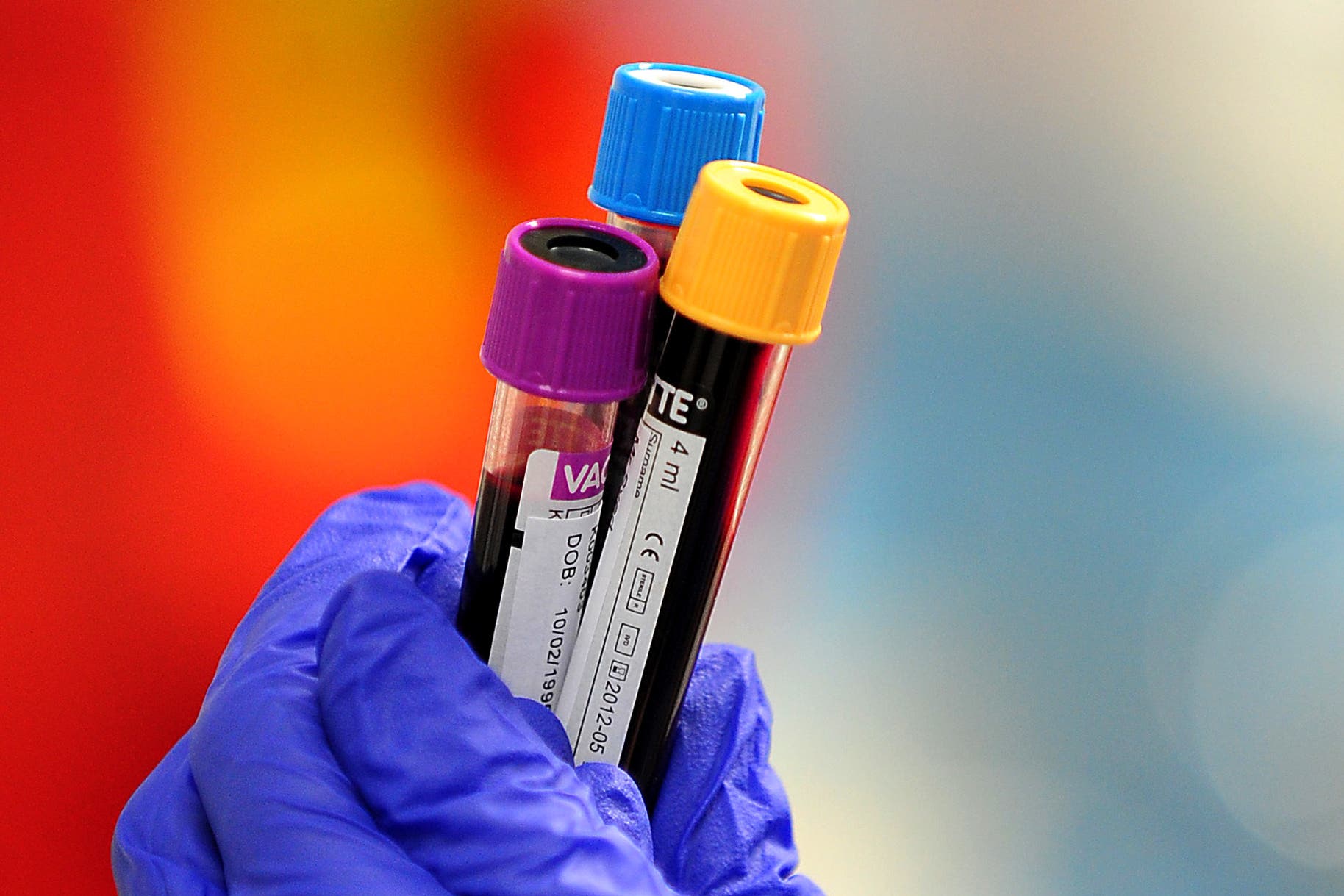Adults with rare blood disorder to be offered stem cell transplants
Experts welcomed the updated guidance as a ‘remarkable milestone’.

Hundreds of adults with a severe inherited blood disorder could benefit from stem cell transplants to cure their condition under new guidelines by the NHS.
Officials said the treatment for thalassaemia – which was previously only available to children – would mean patients no longer require lifelong blood transfusions.
Thalassaemia is a rare condition that impacts the production of haemoglobin in the blood.
Symptoms include severe anaemia and tiredness, with patients requiring blood transfusions every two to four weeks.
The stem cell transplant procedure – known as allogeneic haematopoietic stem cell transplant (Allo-HSCT) – replaces the bone marrow stem cells with ones from a matched sibling donor.
It was previously only offered to children due to the risk of complications in adults.
Expanding the availability of stem cell transplants to adults living with thalassaemia is another vital step forward to help change the lives of those living with this deeply debilitating condition
New guidance from NHS England’s Clinical Priorities Advisory Group recommended it be made available for eligible patients over 18, with more than 600 people set to benefit.
Professor Sir Stephen Powis, NHS England medical director, said: “Expanding the availability of stem cell transplants to adults living with thalassaemia is another vital step forward to help change the lives of those living with this deeply debilitating condition.
“Thalassaemia can be an incredibly painful condition with difficult symptoms for patients as well as the impact on their heart, liver and bones, and it’s fantastic that offering this evidence-based curative stem cell treatment can now offer new hope to help significantly improve their quality of life.”
There are currently 2,281 people with thalassaemia registered on the National Haemoglobinopathy Registry (NHR) in the UK, including 1,332 over the age of 18.
While it is a huge step in the right direction and a monumental win for thalassaemia, we also eagerly await the much-needed approval for gene therapies
Romaine Maharaj, UK Thalassaemia Society executive director, hailed the news as a “remarkable milestone”.
“While it is a huge step in the right direction and a monumental win for thalassaemia, we also eagerly await the much-needed approval for gene therapies,” she added.
“Having both curative options available will grant more patients the chance to live transfusion-independent lives, enhancing both their quality of life and life expectancy.”
It comes after a world-first gene therapy for sickle cell disease and beta thalassemia was approved for use The Medicines and Healthcare products Regulatory Agency (MHRA) earlier this month.
The treatment, known as Casgevy, is the first to be licensed using gene-editing tool Crispr, for which its inventors were awarded the Nobel prize in 2020.
It works by editing the faulty gene in a patient’s bone marrow stem cells so that the body produces functioning haemoglobin.
Bookmark popover
Removed from bookmarks